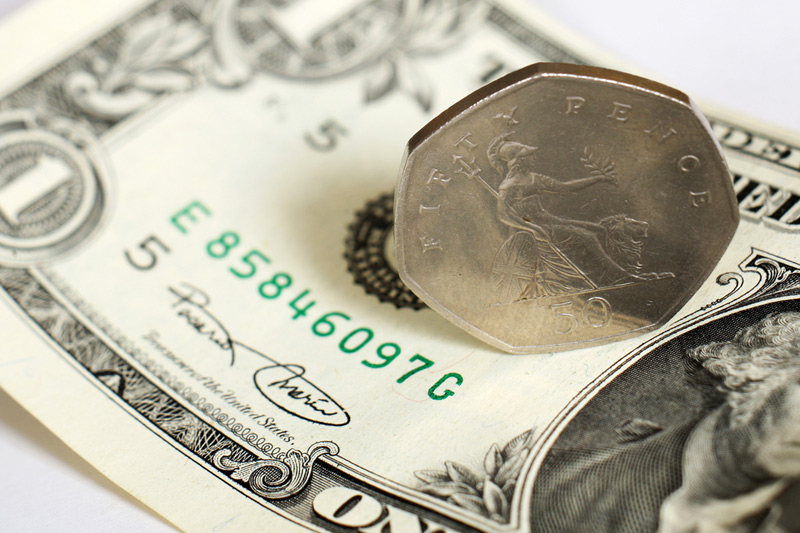Investing.com – The US dollar rose on Wednesday, boosted by its haven after the US closed its embassy in Kiev, while the British pound outperformed after British inflation rose more than expected in October.
At 04:45 ET (09:45 GMT), the Dollar Index, which tracks the greenback against a basket of six other currencies, was trading 0.3% higher at 106.490, bouncing to a one-week low after falling earlier in the session.
The index climbed to a one-year high last week in the wake of Donald Trump’s presidential election victory, buoyed by expectations for big budget spending, higher tariffs and tighter immigration, measures that could boost inflation and possibly the easing of the Federal Reserve could slow down.
Geopolitics helps the dollar
The dollar got a boost on Wednesday after the United States closed its embassy in Kiev due to “specific information about a possible significant airstrike.”
The warning came a day after Ukraine used US missiles to attack Russian territory, and Russian President Vladimir Putin changed the threshold for using his country’s nuclear arsenal.
The developments threaten to drag the West even further into the conflict between Russia and Ukraine, resulting in demand for the dollar.
“So far this has translated into some noise in the FX market, but no major moves,” ING analysts said in a note.
“We suspect that dollar cross dynamics were still partly influenced by the dollar’s overbought position, which may have helped curb geopolitical gains.”
With few economic data scheduled for Wednesday, investors will focus on comments from Federal Reserve governors and the Boston Fed president, looking for clues to the Fed’s future monetary policy decisions.
Traders continue to lower expectations for a rate cut at the next Fed meeting in December. The odds now stand at 58.9%%, compared to 82.5% a week ago, according to CMEs.
British inflation surprises on the upside
In Europe, yields fell 0.1% to 1.2671, trading slightly lower on US dollar strength, even as UK CPI data in October was stronger than expected, casting doubt on an interest rate cut by the Bank of England in December.
Consumer prices rose 2.3% last month, above the expected 2.2% increase, and 0.6% on an October basis, the largest month-on-month increase in the annual CPI since October 2022.
This rise comes before the impact of the new UK government’s first budget, which included higher taxes on businesses, is felt.
The Bank of England said next year’s budget is likely to add to inflation, and Governor Andrew Bailey on Tuesday emphasized the central bank’s message that borrowing costs are likely to fall only gradually.
“Even if inflationary pressures are still evident before the next BoE meeting, we are likely to need a sharp slowdown in services inflation to get a cut on the table,” ING said.
traded 0.3% lower at 1.0560, with yields expected to continue falling given the lack of serious growth in the region, while inflation has returned to target.
ECB policymaker Fabio Panetta said on Tuesday that the central bank should cut interest rates so that they no longer dampen, or even stimulate, economic growth and provide more direction as post-pandemic shocks ease and inflation normalizes.
“With inflation close to target and domestic demand stagnant, restrictive monetary conditions are no longer necessary,” he said.
The PBoC keeps the rates unchanged
rose 0.7% to 155.80, with the Japanese yen remaining vulnerable after Japan reported bigger-than-expected profits in October.
The focus now shifts to upcoming data from the country on Friday.
rose 0.1% to 7.2462, hovering around a three-month high.
The People’s Bank of China left its benchmark unchanged, as widely expected, after cutting interest rates last month.
Wednesday’s clampdown followed more stimulus measures from China since late September, although Beijing has taken further targeted fiscal measures.


